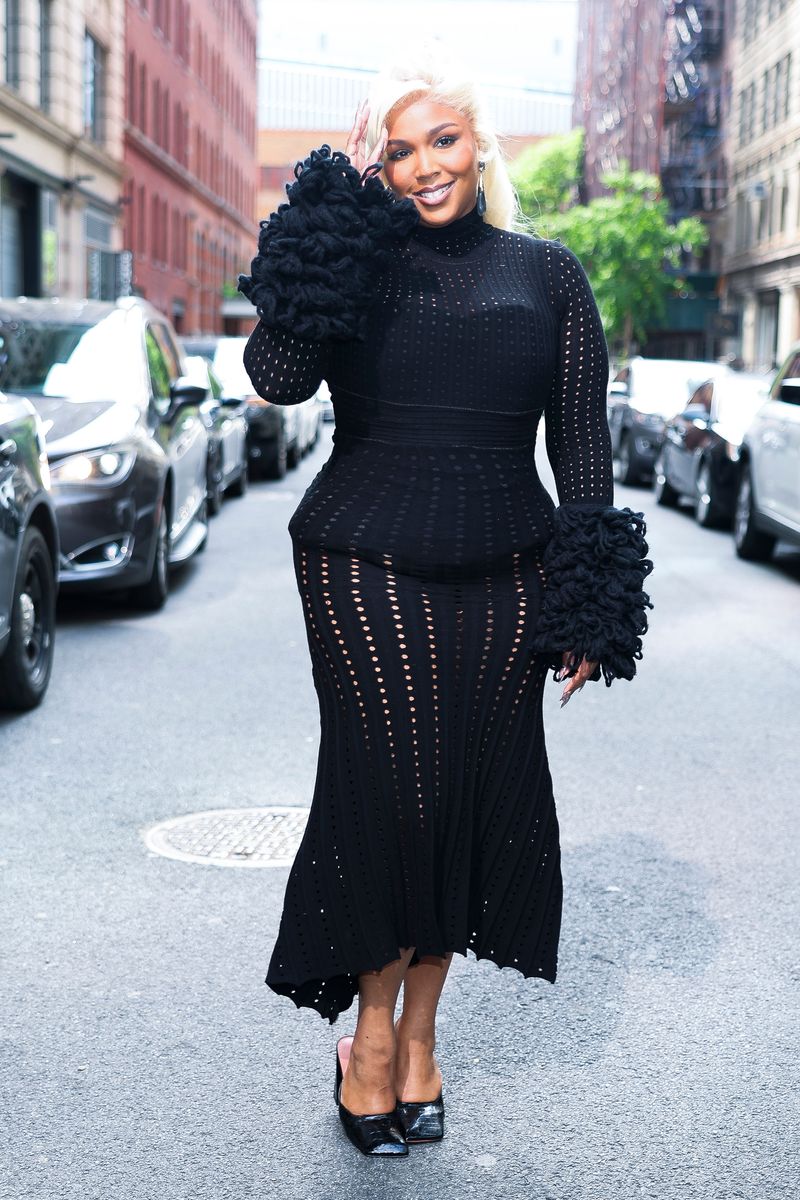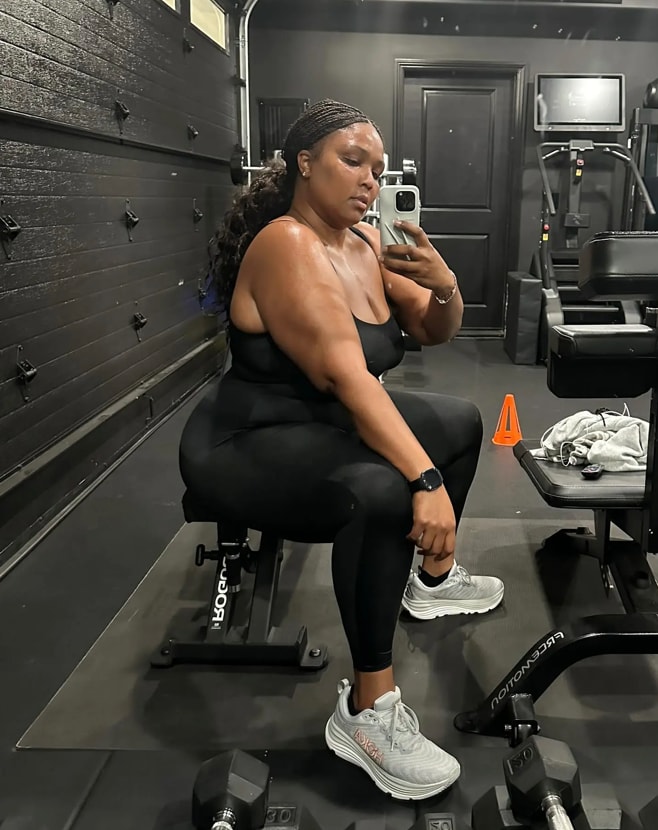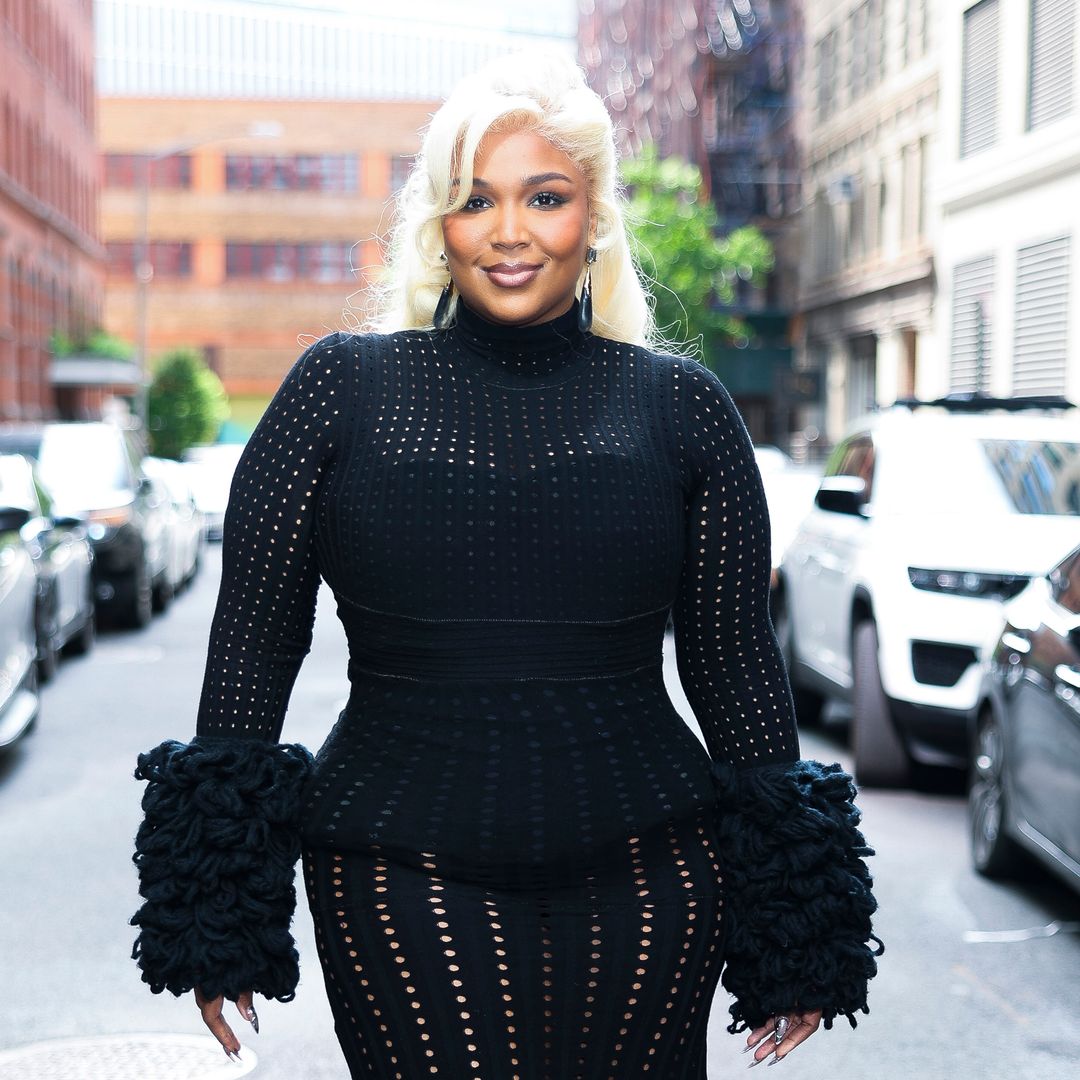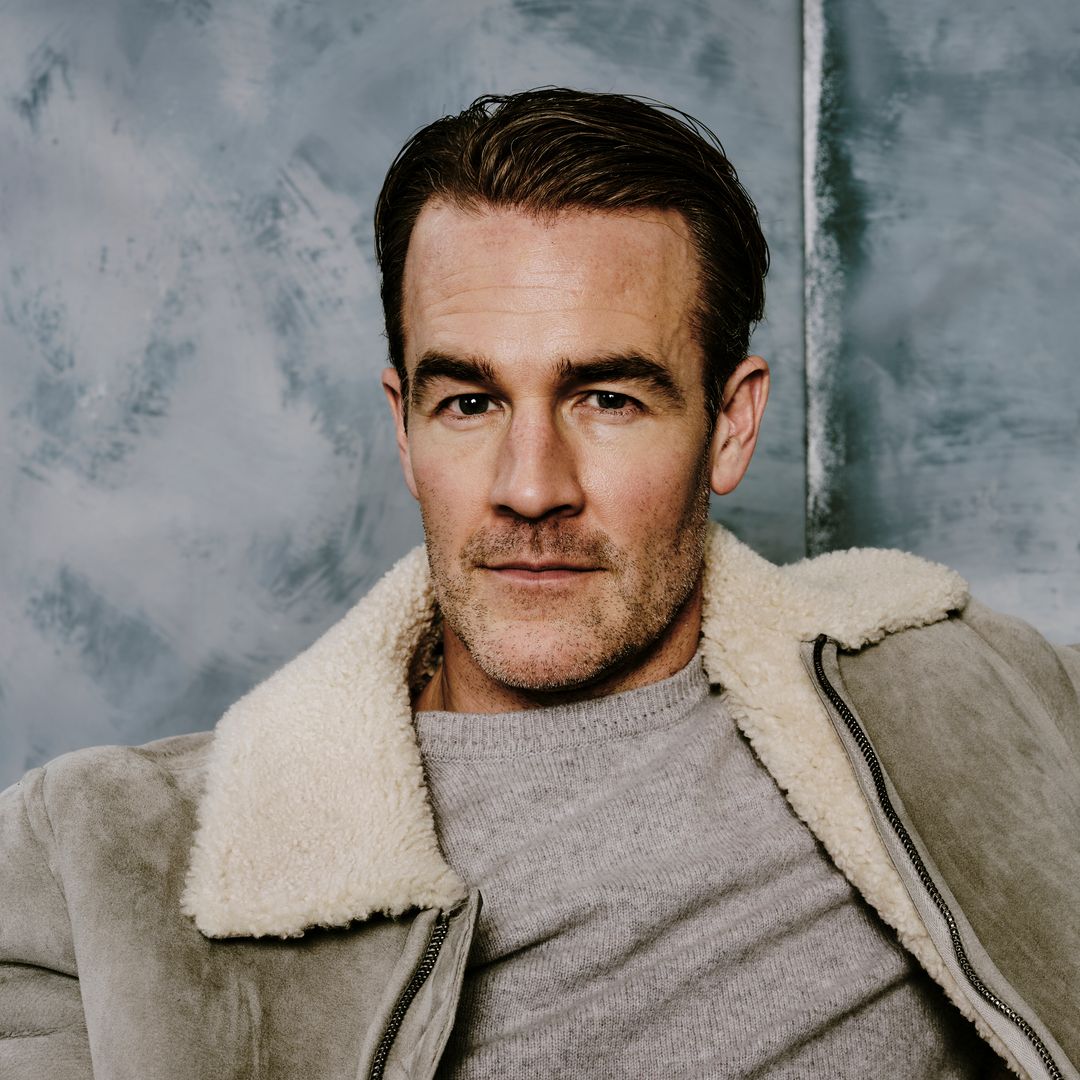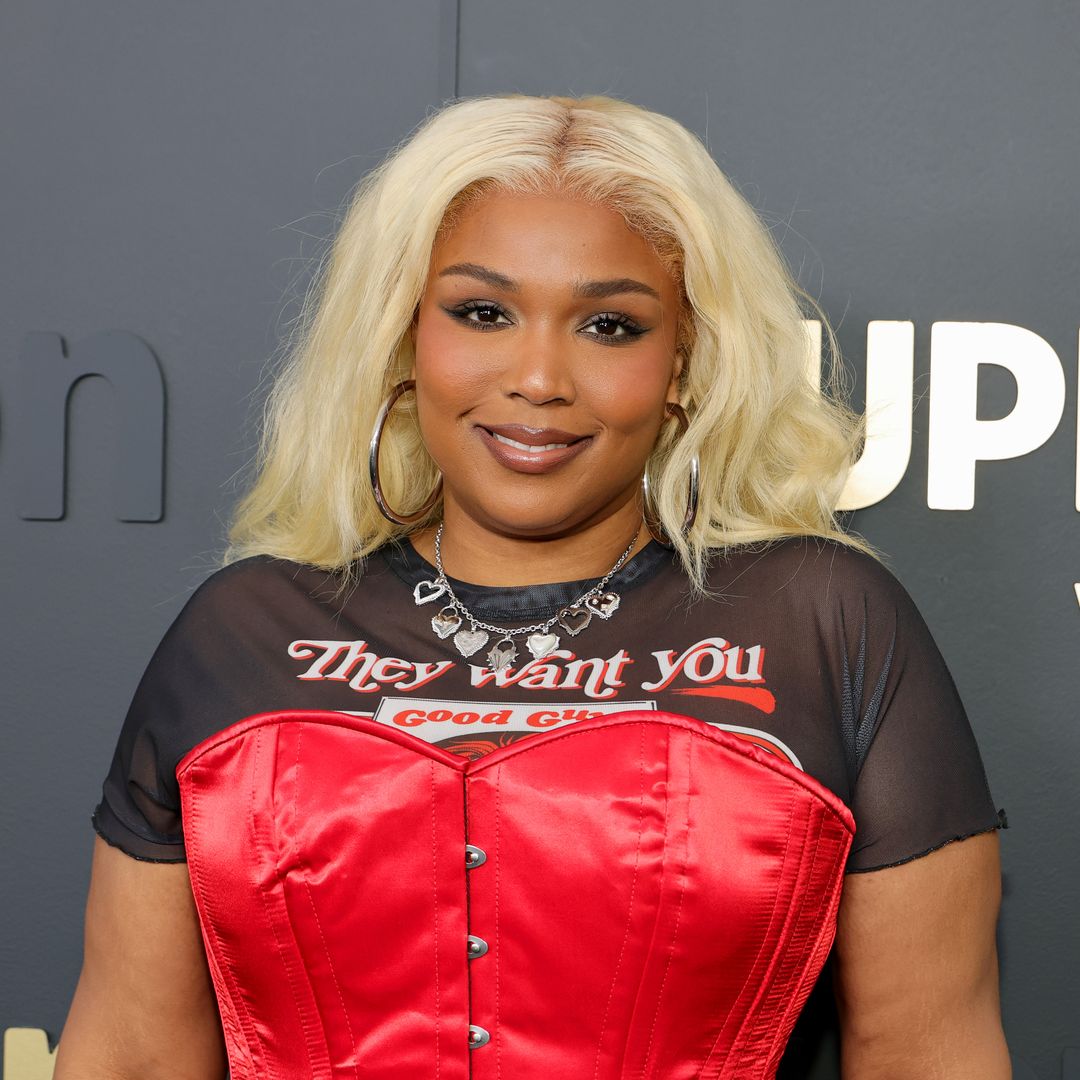Lizzo is getting real about what she sees happening in this new “Ozempic era,” a moment where celebrities and regular people alike are shrinking at record speed. Weight-loss drugs, peptides, and every off-brand version of Ozempic are suddenly everywhere. Almost everyone knows someone who’s injecting themselves “for wellness.”
And while what anyone chooses to do with their own body is their business, Lizzo has us wondering, what does it mean when a society that once pushed body inclusivity is now quietly erasing it?
In a new, vulnerable essay published on her Substack, the 37-year-old pointed out that plus-size models aren’t being booked like they once were. Brands that championed inclusivity during the body-positivity boom are now pulling extended sizes, shrinking their casting pools, and quietly returning to “one type of body” marketing.
It’s not that big girls don’t exist, she argues - it’s that their representation is being erased right in front of us.
Lizzo opened up about her own journey, revealing that she started losing weight in the fall of 2023, during a mental health spiral. At the time, allegations had started circulating about the way she was treating her dancers. “I was severely depressed,” she writes. “I had been the subject of a vicious scandal, and it felt like the whole world turned its back on me. I became deeply suicidal.”
She isolated completely, cut off her loved ones, and felt too distraught to defend herself while people she once trusted publicly turned on her.
Normally, she says, depression would push her toward binging - ordering “hundreds of dollars of food” and eating until it physically hurt. But this time, she was too numb even for that. “I didn’t care about my body,” she admits. “I didn’t want to feel safe.”
She then turned to Pilates sessions with Black women instructors and used movement as therapy. She realized her weight had long acted as “a protective shield,” a comfort she no longer needed in the same way.
"My weight, like my hair, represented time. It stored energy. And I wanted to release myself from it. So from that moment on any weight on my physical body that was subtracted was not a pound ‘lost’ but a pound ‘released’. It was energetic for me, not vain," she writes. She’s still over 200 pounds today, still a “proud big girl,” still someone who doesn’t believe she’ll ever be conventionally “thin.”
She also addresses the backlash. Lizzo said she spent her entire career being accused of making her fatness her personality, being mocked, sexualized, and desexualized. "I was sick and tired of my identity being overshadowed by my fatness. People could not see my talent as a musician because they were too busy accusing me of making “being fat” my whole personality," she said. √
When she shared her own progress, she was criticized for “before and after” photos, for posting lymphatic drainage results, and for looking different. It's similar to what we recently saw with Meghan Trainor, who received a wave of backlash after her recent weight loss, which she said was motivated by her gestational diabetes.
“We’re in an era where the bigger girls are getting smaller because they’re tired of being judged,” she writes. “And now those bigger girls are being judged for getting smaller by the very community they used to empower.”
Plus, the body-positivity movement she helped bring into the mainstream has been co-opted by smaller bodies, and brands that commercialized the message are pushing out the very people it was designed for.
What Lizzo wants isn’t a stop to weight loss; it’s the return of representation, empathy, and actual body freedom. “We have a lot of work to do to undo the effects of the Ozempic boom,” she writes. “I want us to allow the body positive movement to expand and grow far away from the commercial slop its become. Because movements move."

